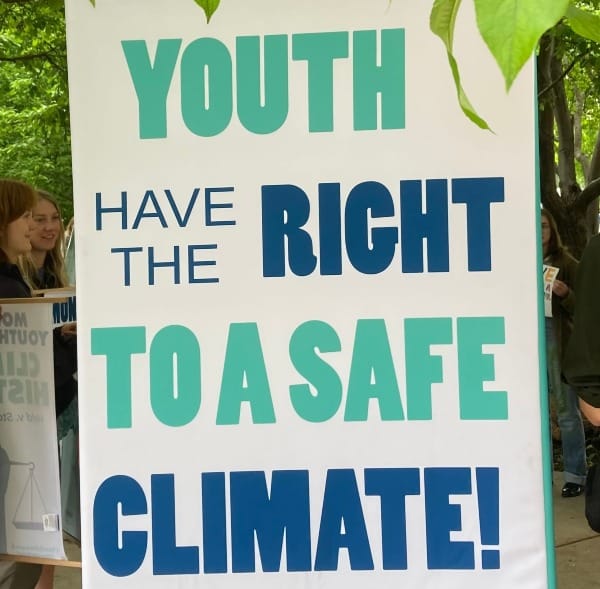U.S. Climate Litigation Update: Ninth Circuit Panel Rejects Oil Companies' En Banc Petition In California Climate Cases; Exxon Looks To Dismiss Mass. AG Case

As ExxonMobil seeks to dismiss a climate-related fraud lawsuit filed against the company by the Massachusetts Attorney General’s Office, the oil major and its industry peers received yet another court setback in climate litigation brought by California communities. On Tuesday, August 4 a Ninth Circuit Court of Appeals panel rejected the oil companies’ petition for a full court or en banc review of a May 26 decision by that same panel upholding an order to send (remand) six climate lawsuits filed by California cities and counties back to state courts. The denial of the en banc petition means the oil companies will likely be forced to fight these California climate cases in state courts, where they may have a harder time getting the cases dismissed.
The counties of San Mateo, Marin and Santa Cruz and the cities of Imperial Beach, Richmond and Santa Cruz are suing over two dozen fossil fuel companies seeking monetary damages to help pay for costly climate impacts like sea level rise. The cities and counties filed their lawsuits in California state courts under state law claims such as nuisance and product liability theories, but the defendants have fought to remove the cases to federal courts where they have succeeded in getting several other climate lawsuits dismissed. On May 26, 2020 a three-judge panel from the Ninth Circuit Court of Appeals (a federal court) upheld a federal district judge’s order that these cases advance in California state courts. The defendants then filed a petition for a re-hearing en banc, meaning from the full appeals court.
The Ninth Circuit panel that initially ruled against the fossil fuel companies, including judges Sandra S. Ikuta, Morgan B. Christen and Kenneth K. Lee, issued an order Aug. 4 denying the petition for a re-hearing en banc. According to the docket entry, “The full court has been advised of the Petition for Rehearing En Banc, and no Judge has requested a vote on whether to rehear the matter en banc.” In other words, the court was simply not interested in taking up the companies’ request in this matter.
"The 9th Circuit has unanimously ruled – again – that Marin County’s lawsuit to hold fossil fuel companies accountable for climate change related damages belongs in state court where it was originally filed. We appreciate the court’s quick decision and look forward to moving our case toward discovery and trial," Marin County Counsel Brian Washington said in a statement.
There is still a pending petition for a re-hearing either en banc or from the same three-judge panel in a similar climate case brought by the California cities of Oakland and San Francisco. A federal judge had dismissed that case, which targets the five largest investor-owned oil and gas companies, but the Ninth Circuit panel revived the case in a separate ruling on May 26, 2020.
Meanwhile, ExxonMobil – a defendant in all of these climate cases – is looking to dismiss a case filed in October 2019 by Massachusetts Attorney General Maura Healey claiming the oil major misled Massachusetts’ consumers and investors on the risks of climate change. Exxon tried unsuccessfully to boot that case to federal court, so now it is forced to fight the litigation in Massachusetts state court.
As Bloomberg reported on August 4, Exxon “will seek to dismiss the suit under the state’s so-called anti-Slapp law, which prohibits the use of litigation that has the effect of punishing a defendant for statements on matters that are under consideration by a legislative or judicial body, according to a July 30 notice in state court in Boston.” Exxon is therefore arguing that the Massachusetts lawsuit is an attempt to improperly punish the company for its views on climate change.
“Exxon has made repeated attempts to stonewall my office’s efforts to seek the truth about Exxon’s climate deception,” Healey told Bloomberg News in an emailed statement. “This meritless motion is no different.”


